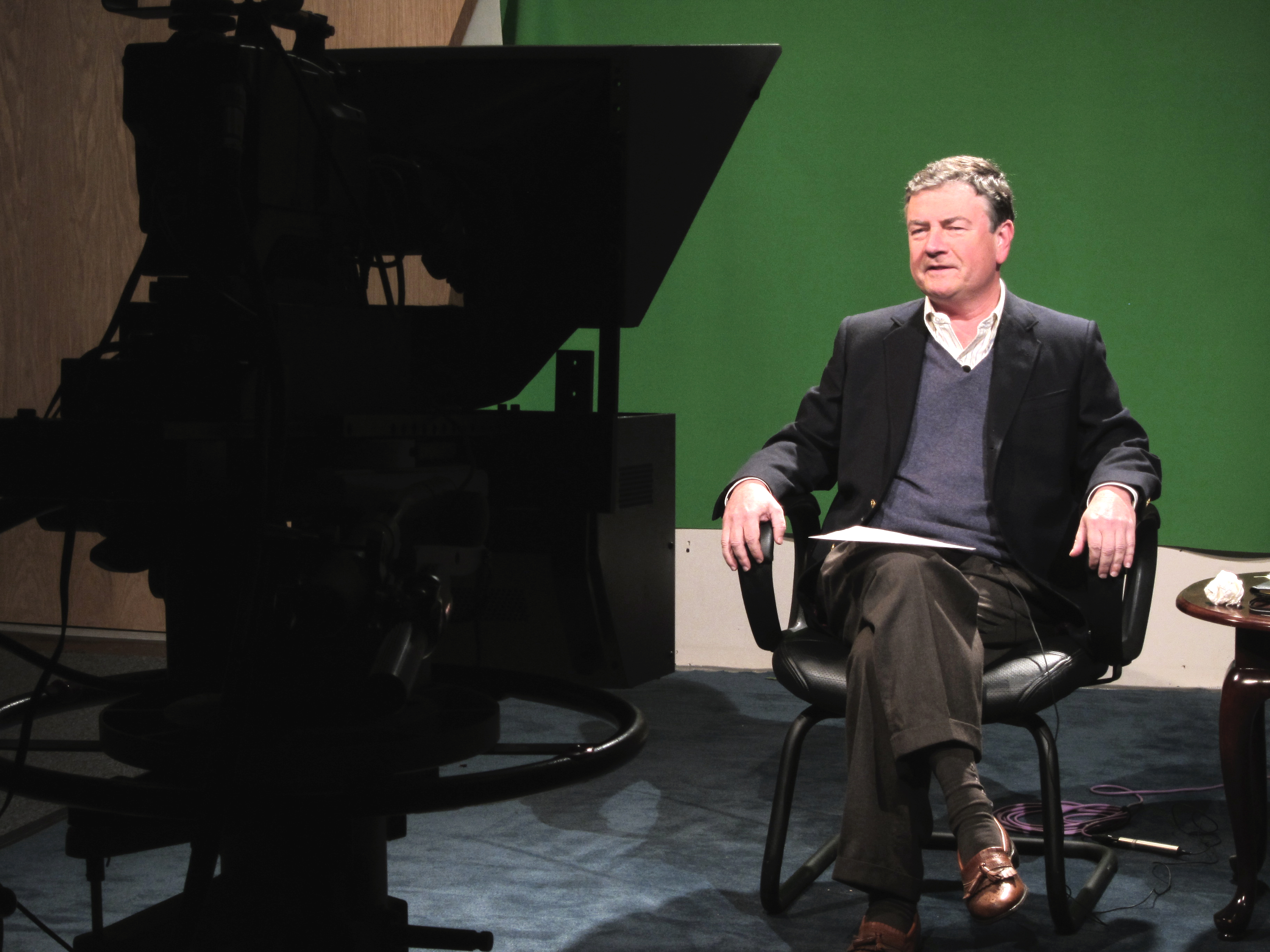Top Renewable Energy Author Available to Discuss Key Industry Trends, Climate Change, Sustainability

Craig is the editor of the popular blog-site 2GreenEnergy.com, and the author of four books on clean energy: Renewable Energy – Facts and Fantasies (2010), Is Renewable Really Doable? (2012)
, Renewable Energy – Following the Money (2013)
, and Bullish On Renewable Energy: Fourteen Reasons that Clean Energy Investors Can’t Lose (2015)
.
Now, he stands ready to comment on a number of related issues, all revolving around one central issue:Over 80% of the world’s energy is derived from burning coal, oil, and natural gas, a practice that is clearly unsustainable. But we’re living in a time where fossil fuels are being replaced with clean energy solutions, and this whole process is occurring far faster than most people realize.
It’s “common wisdom” that the oil companies, simply by virtue of the fact that they essentially own the U.S. Congress, can retain control of the energy industry indefinitely. Yet this is simply not true. Why? Our slowly changing public eco-sensibilities are a part of the reason, though they’re actually a fairly minor factor; the real “nail in the coffin” of fossil fuels is proving to be the pressure put upon on by pure market economics.
To make sure your media coverage represents the newest developing story in clean energy, you may wish to include these topics:
Important Trends in Technology
• What are the technological developments in solar, wind (and biomass, hydro, and geothermal) that are driving change in the way our civilization generates and consumes energy?
• Considering our growing demand for low-carbon energy, what are the implications for nuclear power? What exactly is “advanced nuclear?” Can the common citizen be educated regarding the true risks of nuclear, versus the hysteria that it is consistently being fed?
• What are we able to learn from the more aggressive forays into renewables in places like Germany, Spain, and Brazil?
• What should we expect from the electric vehicle industry? What does the consumer adoption curve look like, and why? Are there opportunities for other “alt-fuels” like hydrogen, natural gas, etc.?
• What about energy storage in the form of batteries, pumped hydro, compressed air, capacitors and flywheels?
Changing Economics
• For the first time in history, a large and growing number of consumers and businesses can generate their own power, largely with with solar PV, less expensively than they can buy it from their local power company. What does this mean for the future of our utilities?
• What does the plummeting cost of solar and wind mean for things like energy from ocean waves, ocean currents and tides, waste-to-energy, off-shore wind, etc.?
• How are microgrids and distributed generation changing the way we think about bringing electricity to the developing world for the first time?
• What new business models are upending the way solar PV is manufactured, delivered, and sold?
• What happens now that wind energy is so inexpensive in certain parts of the U.S. that it’s far less expensive per kilowatt-hour than coal?
Motives
• China, the 800-pound gorilla in today’s world, remains an energy paradox, as it’s both the world’s largest polluter and its most aggressive investor in renewables. Where will they ultimately go in this respect? Why?
• When we say we want to “follow the money” in the energy industry, what specifically does that mean? What entities are investing in the future of energy, and where are those dollars going? What entities are spending lavishly to maintain the status quo and impede the growth of these new-found sources of competition?
• What are the main geopolitical drivers in “new energy?” How do the trends in the developed world (which can afford to move to clean energy) differ from those in the third world (which struggles to deal with the costs)? What needs to happen here to create a united approach that has a real-world, pragmatic chance for success?
Craig is available to take a “deep dive” (or just a splash in the wading pool) on any of these issues. For example, he’ll be happy to cover the fourteen different forces of market economics that are coming together to move clean energy forward far faster than most people understand, as they each happen to be represented by a chapter in Craig’s most recent book:
1. Energy Efficiency: The Much Ballyhooed “Low-Hanging Fruit”
2. The Development of Advanced Nuclear Reactors Will Be a Big Help
3. Cheap Wind
4. Cheap Solar
5. Cheap Energy Storage
6. Storage Isn’t the Only Solution to the Variability of Solar and Wind
7. All Other “Flavors” of Renewable Energy Are Making Progress Too
8. Other Important Macro-Economic Issues
9. The Upheaval of the Power Utilities
10. Extremely Wealthy Forces of Super-Innovation Will Not Let 20th Century Energy Policy Slowly Destroy the Planet
11. Electric Transportation Will Become Ubiquitous
12. Certain Concepts Are Clear Losers, Further Facilitating the Investment Decision-Making Process
13. Incentives to Lower Carbon Emissions Will Accelerate All This Even Faster
14. More on Heightened Consumer Sensibilities
Craig admits that certain additional ingredients, though they’re not required, would be “nice to have,” e.g., government support to provide financial incentives, a reduction in the influence of money on law-making, an economic “level playing field” for renewables, getting rid of the subsidies provided to the oil companies, the success of the International Panel on Climate Change, or simply the rise in public eco-consciousness. As a concerned citizen of the world, Craig is hoping for progress here, but as an industry observer, he’s certainly not counting on any of this to happen in time to help.
He points out that there is no power on Earth (no amount of cash, no buying politicians, no exploiting weaker nations and their powerless people, no passing laws to force our military to stay away from alternative fuels, etc.) that can be used to maintain the energy status quo in an environment where renewable energy solutions are rapidly becoming so financially attractive.
Victor Hugo said 150 years ago, “All the forces in the world are not so powerful as an idea whose time has come.” Shields borrows liberally and fondly: “All the wealth in the world, indifferent as it may be to the well-being of humankind, is powerless to suppress something (in this case, new energy) whose time has come, due to its stunning affordability.” He adds with a smile: “OK, so I’m not as concise as Hugo. Sue me. I still believe that my message has great relevance in the 21st Century.”

